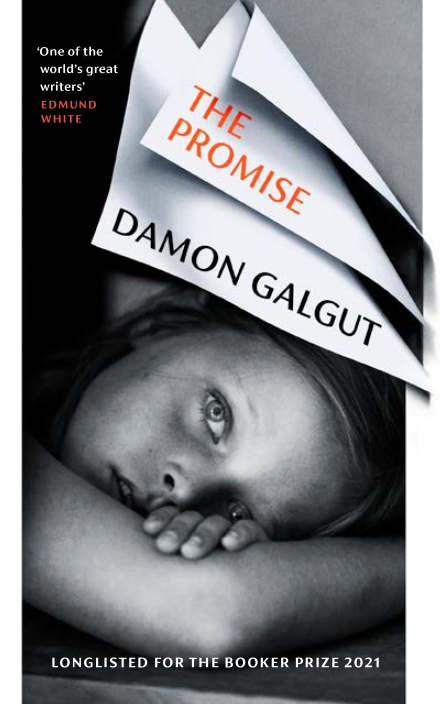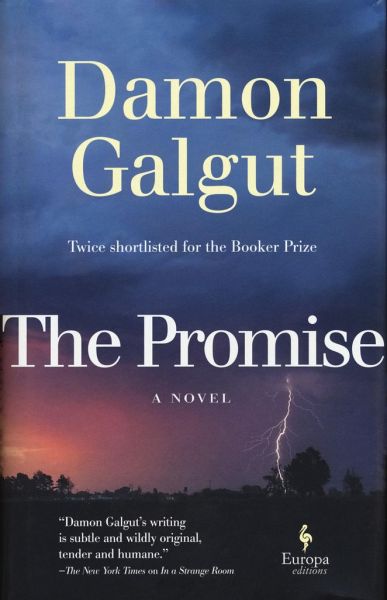
In the kitchen, Marina supervises the black girl, who has a pile of plates and cups to wash.

So Salome has gone back to her own house instead, beg your pardon, to the Lombard place, and changed into her church clothes…and like that she sits out in front of her house, sorry, the Lombard place, on a second-hand armchair from which the stuffing is bursting out, and says a prayer for Rachel.Īnd later, as Salome works through the reception after the funeral: You might have expected to see at the funeral, but Tannie Marina told her in no uncertain terms that she would not be allowed to attend. The truly outstanding feature of this novel, though, is its narrator, who sometimes seems to be omniscient, and at other times feigns ignorance or admits to imagining whole scenes: "Although it's too soon to have, let's say that she does, let's say the lawyer drew up the document this morning and gave it to her, so there it is, right in front of your eyes, she has the paper in her hand." The voice comes across as conversational - gossipy and critical of the family without explicitly calling them out as the self-centered jerks readers come to know. They engender no sympathy in the reader, making it easier to laugh at their failings. Indeed, it's actually pretty funny at times, partially due to Galgut's brilliant depiction of the incredibly dysfunctional Swart family, all of whom, apart from Amor, are unlikeable to one degree or another. The Swart family's decline parallels that of the country, as corruption and moral failures keep the powerless from obtaining what they're rightfully owed.ĭespite the novel's relatively weighty theme, the book doesn't read like its subject is a heavy one it's only after pondering the subtext that it becomes apparent that its ultimate message is somewhat pessimistic. Galgut's plot serves as an allegory for post-apartheid South Africa, with the unfulfilled promise from the Swart family, who are white, to Salome, who is Black, mirroring what the author sees as a failed promise of reparations made to the nation's Black citizens. The unfulfilled promise remains a sore point for the next 30 years, becoming a topic of debate every time the family is gathered, which only occurs during funerals over the ensuing decades. Later, Manie denies the scene ever occurred, reneging on his oath.

Manie tearfully promises to do so, a pledge witnessed solely by their youngest child, 13-year-old Amor. As she lays dying, she insists Manie give her long-time maid, Salome, the Lombard place, a ramshackle house on their property in which the servant has lived most of her life. Winner of the 2021 Booker Prize, The Promise chronicles post-apartheid South Africa through the lens of one family's decline.ĭamon Galgut's Booker Prize-winning novel, The Promise, opens with a death Rachel Swart is leaving behind her husband Manie and their three children.


 0 kommentar(er)
0 kommentar(er)
